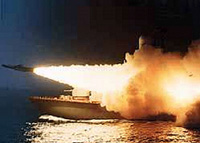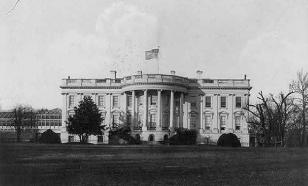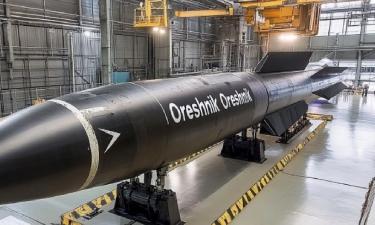War against North Korea would cost USA 100 billion dollars and 100,000 lives
The situation connected with the nuclear tests conducted by North Korea continues to exacerbate. US intelligence detected a suspicious vessel in North Korean waters today. The destination of the vessel was unknown. US special agents presumed that the ship was probably carrying nuclear weapons on board. It goes without saying that the US administration believed that Pyongyang was trying to share its nuclear technologies with other states, Iran for example.

The economic sanctions, which the USA has recently imposed against North Korea, have already brought certain results. During an official meeting with a Chinese ambassador, N.Korean leader Kim Jong-il apologized for the recently conducted nuclear test and stated that North would be ready to resume the talks if the USA agreed to withdraw financial restrictions.
On the other hand, the USA is seriously considering a military method of solving the N.Korean problem when experts of many countries confirmed the fact of nuclear weapons test. In this connected US journalists recollected that ex-president Bill Clinton used to ask for a detailed report from the US government regarding all the numbers to study an opportunity of declaring war on North Korea. As it turns out, this war would have cost the US Treasury $100 billion. More importantly, the USA would have sacrificed the lives of its 100,000 soldiers during the battles.
Bill Clinton and William Perry, his Defense secretary, considered going to war against Pyongyang in 1994. On May 19 of that year, Perry, along with the then Joint Chiefs chairman, John Shalikashvili, and the commander of U.S. forces in South Korea at the time, Gen. Gary Luck, briefed the president on the anticipated costs of such a war: roughly 52,000 U.S. military killed or wounded; 490,000 South Korean military ditto, and untold numbers of Northern dead and civilian casualties, all in the first 90 days of conflict—together with a U.S. price tag of more than $61 billion. Luck later calculated the ultimate toll at more than 1 million dead, possibly including as many as 100,000 Americans, and a final bill to U.S. taxpayers in excess of $100 billion—not to mention more than $1 trillion in damage to South Korea’s economy, Newsweek wrote.
Having studied the information in detail, Clinton and Perry made a decision to turn the war idea down and start peace talks with Pyongyang.
The state of affairs is different nowadays. Kim Jong-il said during his meeting with a Chinese Ambassador of Hu Jintao that North Korea would be ready to resume bilateral or six-sided peace talks in the event the US administration could agree to compromise. The hexahedral talks for the N.Korean problem with the participation of the USA, China, Russia, South Korea, Japan and North Korea were launched in 2003 and subsequently suspended two years later in November of 2005.
Utro
Translated by Dmitry Sudakov
Pravda.ru
Subscribe to Pravda.Ru Telegram channel, Facebook, RSS!



